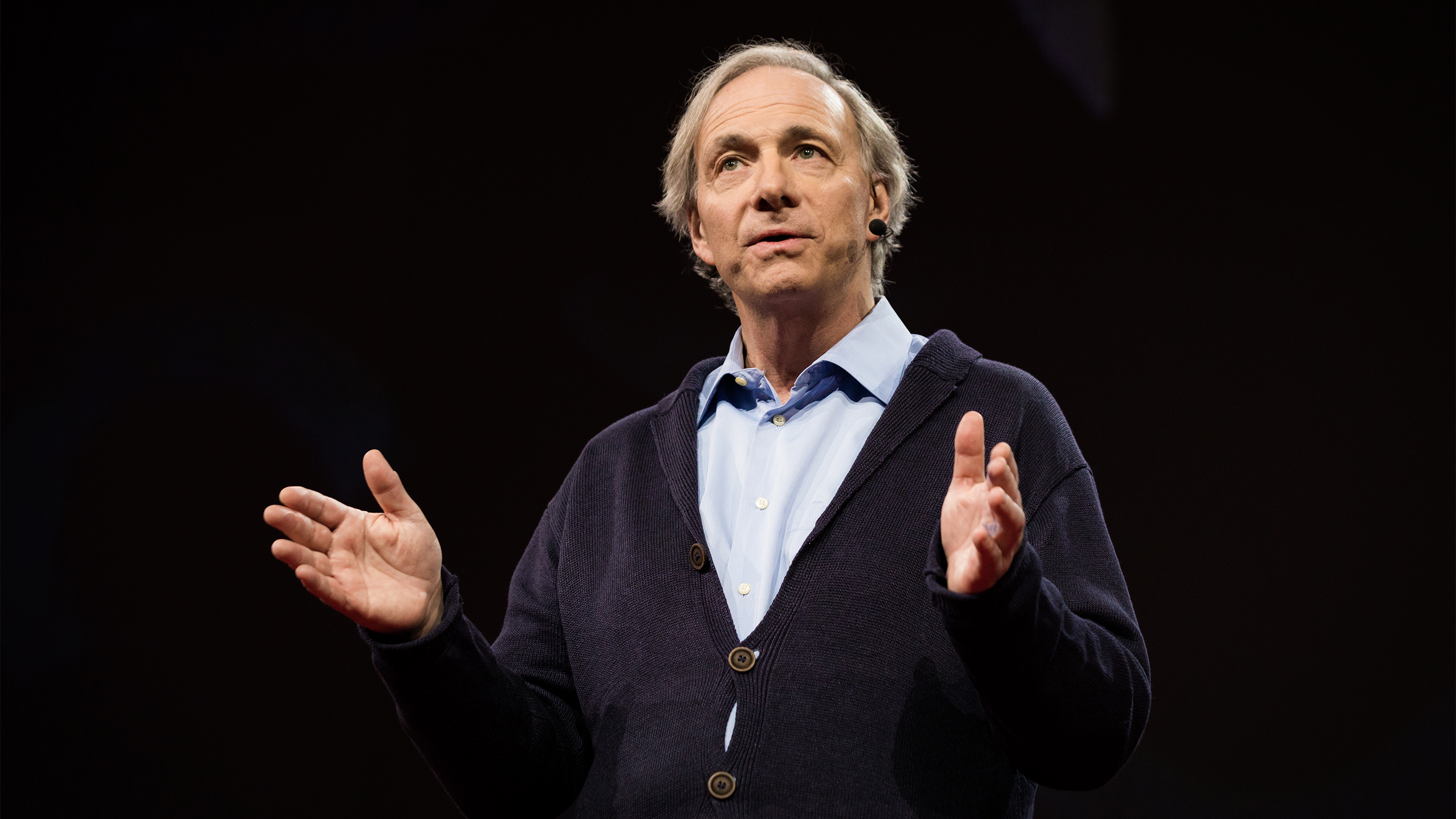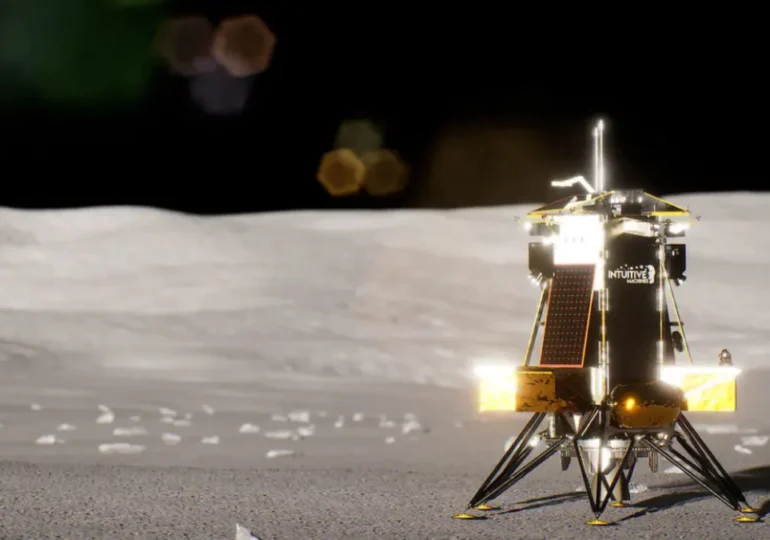Ray Dalio Names the Top Five Forces Shaping the Global Economy

Billionaire investor and founder of Bridgewater Associates, Ray Dalio, highlighted the five key forces driving the global economy at the Milken Institute’s Asia Summit in Singapore. Dalio explained that these factors are interconnected and often follow cyclical patterns. His remarks came ahead of the U.S. Federal Reserve’s interest rate decision.
- Debt, Money, and the Economic Cycle:
Dalio expressed concerns about how the U.S. will manage its growing debt, particularly in light of rising interest rates. He questioned what the Fed’s upcoming rate changes will mean for the economy and how the nation’s $1.158 trillion in debt payments for the year will be handled. “What happens to all the debt? How will that be dealt with?” he asked. - Internal Order and Disorder:
Dalio noted the increasing internal political polarization in the U.S., driven by widening wealth and value gaps. These divisions, he said, could lead to disorder, especially as the 2024 elections approach. Dalio remarked that the country’s political landscape could challenge the orderly transition of power. - Great Power Conflicts:
Geopolitical tensions, especially between the U.S. and China, ranked high on Dalio’s list. He pointed to issues such as territorial disputes and trade tensions as ongoing concerns. However, Dalio emphasized that the threat of mutually assured destruction could prevent a full-scale war, though the disorder remains. - ‘Acts of Nature’:
Historically, Dalio said, natural disasters such as droughts, floods, and pandemics have had a more significant impact on societies than wars. He pointed out that the climate crisis could increase economic instability, with the World Economic Forum estimating a 12% global GDP loss for every 1°C rise in temperature. - Technology:
Finally, Dalio emphasized the transformative power of technology, predicting it will be crucial for productivity and global competitiveness. He suggested that whoever wins the technology race will also dominate militarily. However, he noted that technology benefits a small segment of the population, furthering inequality.
Dalio concluded that the global economy faces more downside risks than upside potential due to these factors.





















